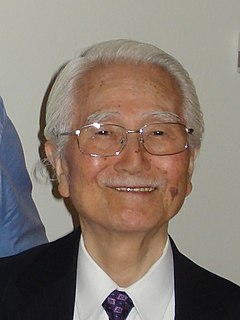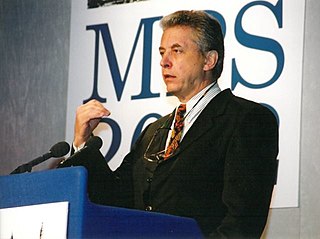A Quote by Jose Angel Gurria
Countries like Japan do not have to change their cultures to address their educational shortcomings; they simply have to adjust their policies and practices.
Related Quotes
I think the retirement crisis globally is a major problem. I think it's especially prevalant in countries such as Japan, where immigration is an issue. I think the US is more shielded from it than most countries in the world. It has a higher birth rate than Japan, immigration is tolerated here unlike probably it is in Japan. I don't think it's as big an issue in the US as it is elsewhere in the world.
Climate change hype has grave real world consequences. It gets rich countries to adopt silly policies and to impose devastating eco-imperialism on poor countries. The world's rich millions can afford environmental extremism; its poor billions can't. Climate change pseudo-science about human causality has been exposed repeatedly. What's less appreciated is that there aren't more natural disasters in need of an explanation.
If you don't like how something is going for you, change it. If something isn't enough, change it. If something doesn't suit you, change it. If something doesn't please you, change it. You don't ever have to be the same after today. If you don't like your present address change it - you're not a tree!





































